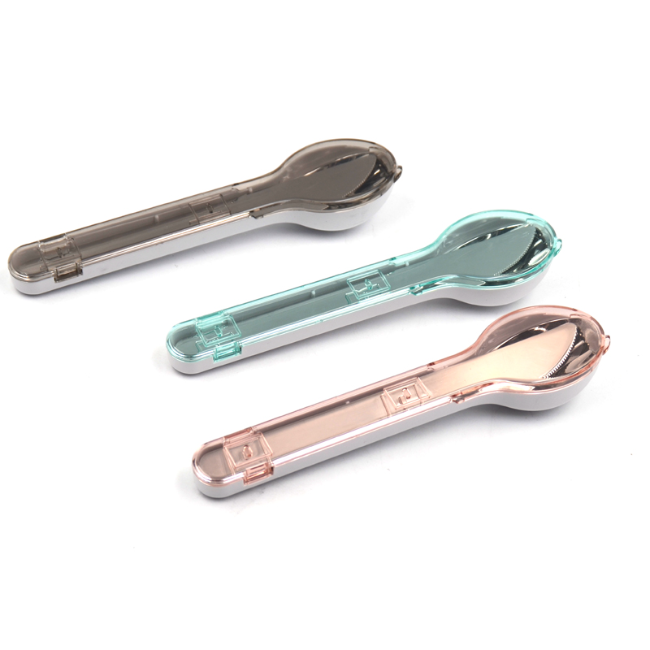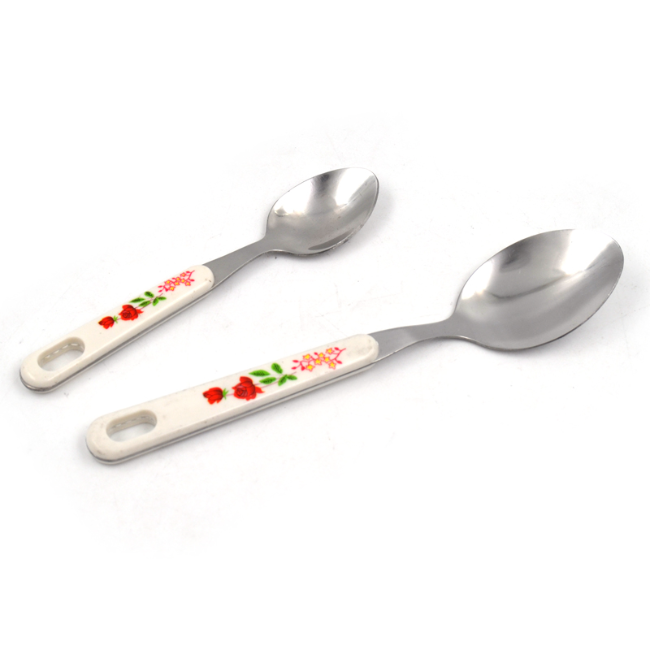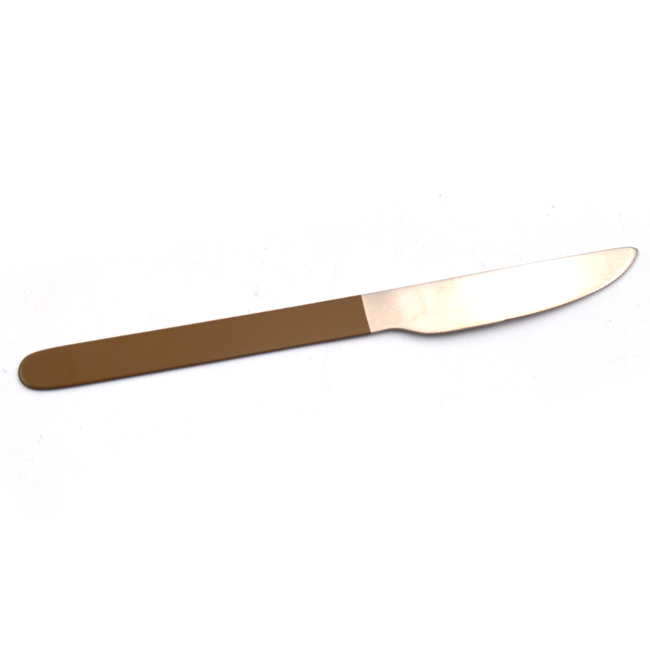
28 May
Are Plastic Spoons Recyclable?
Are Plastic Spoons Recyclable?Introducti...
Are Plastic Spoons Recyclable?
Introduction: The Growing Concern for Sustainability
In an era where sustainability is more important than ever, the question of whether plastic spoons are recyclable has become a point of significant debate. As consumers become more conscious of their environmental impact, it's crucial to understand what happens to plastic spoons after they are used and disposed of. In this article, we will delve into the issue of plastic spoon recyclability, how to properly dispose of plastic spoons, and explore alternatives that are both environmentally friendly and functional.
At Homefelt, we are committed to providing sustainable, high-quality kitchen utensils that help reduce our environmental footprint. Let's dive deeper into the world of plastic spoons and their recyclability.
1. The Lifecycle of Plastic Spoons: Understanding the Problem
Plastic spoons, much like many other single-use plastics, present challenges when it comes to recycling. The issue is not necessarily with the plastic itself but with the systems in place for sorting and processing recyclable materials. In many areas, plastic spoons are made from materials like polypropylene, which can be recycled in theory, but the challenge lies in their small size and contamination from food residues.
Unlike larger plastic items such as bottles, plastic spoons often end up in the waste stream because they are too small to be sorted efficiently by recycling facilities. This is one of the reasons why plastic spoons are often not accepted by curbside recycling programs.
2. The Role of Plastic Spoons in Everyday Life
Plastic spoons are ubiquitous in many aspects of daily life, from takeout orders to picnics. They are convenient, lightweight, and inexpensive, which is why they’re commonly used in restaurants, cafeterias, and homes alike. However, the spoon service offered by plastic spoons is often at the expense of long-term sustainability.
Take for instance the trendy spoon ek civic event, where plastic spoons are used to serve food in a large, communal setting. While they may be practical for such occasions, they are not the most eco-friendly option. At Homefelt, we understand that while disposable plastic spoons are convenient, we must make efforts to reduce their use and impact.
3. The Environmental Impact of Plastic Spoons
The environmental issues surrounding plastic spoons are significant. Once discarded, they can take hundreds of years to decompose, contributing to landfill waste and ocean pollution. Over time, small plastic pieces break off and become microplastics, which are harmful to marine life and ecosystems.
This is why many people are shifting towards alternatives to plastic spoons, opting for reusable spoons made from materials like stainless steel, bamboo, or biodegradable plastics. Even though artist spoons and innovative designs are becoming increasingly popular, the key to sustainability lies in choosing the right materials for everyday items like spoons.
4. Are Plastic Spoons Recyclable? The Answer
In short, plastic spoons are technically recyclable, but the process can be complicated. The primary challenge is that they are small, thin, and often contaminated with food waste. For a plastic spoon to be recycled properly, it needs to be clean and free from contaminants. Unfortunately, many people toss plastic spoons into the trash or place them in the recycling bin without cleaning them, which further complicates the recycling process.
Some communities have specific recycling programs for plastic items, but even then, plastic spoons might not be accepted unless they are separated from other materials and properly cleaned.
5. Alternatives to Plastic Spoons: Eco-Friendly Solutions
As the conversation around sustainability grows, there are more and more options for eco-friendly alternatives to plastic spoons. For instance, at Homefelt, we offer a wide range of reusable utensils made from sustainable materials like bamboo, stainless steel, and other eco-conscious options. These utensils can be used again and again, reducing waste and helping to protect the environment.
Another option is the artist spoon, which combines functional design with environmentally friendly materials. These spoons can be a perfect addition to both personal kitchens and commercial spoon service at restaurants, where sustainability is a priority.
6. The Role of Consumers in Reducing Plastic Waste
While the responsibility to manage plastic waste does not solely rest with manufacturers and recycling facilities, consumers can also play an essential role in reducing waste. By making informed choices and opting for reusable or biodegradable spoons, consumers can make a significant difference in the fight against plastic pollution.
For example, reducing the use of plastic spoons at events, choosing Homefelt's sustainable alternatives, or taking the extra step to clean and recycle plastic spoons properly are all small actions that contribute to a larger, collective effort to protect the planet.
Conclusion: Making the Right Choice for the Planet
The answer to the question "are plastic spoons recyclable?" is not as straightforward as we might hope. While they technically can be recycled, the reality is that they are often not recycled due to size, contamination, and insufficient waste management practices. However, by embracing alternatives, such as the high-quality, eco-friendly spoons offered by Homefelt, we can help reduce our reliance on single-use plastics and move toward a more sustainable future.





